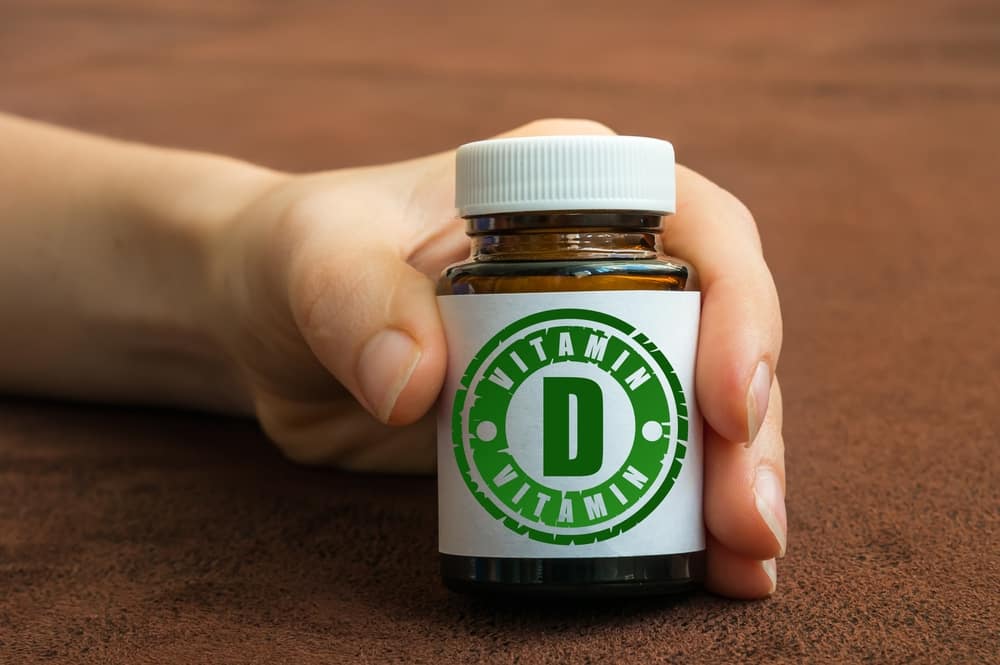November 27, 2019
I recently was speaking with a holistic practitioner about vitamin D. His opinion is that more is better. He told me what his recent levels were. WOW—were they HIGH! As an aside, this man did not look healthy. (But one can’t assume this was because of too much vitamin D—it was just an observation.)
As he was speaking, I was thinking about why it is so important to stay current in the world of nutrition. Yes, vitamin D is now accepted to have a whole host of benefits–from normalizing immune system function, enhancing bone health, to preventing cancer and alleviating fatigue and depression—but is more always better?
You see, it is not safe to assume this.
Recent research is revealing that too much vitamin can be harmful.
So, here’s what we’re learning about vitamin D:
- If your levels are good, more is not necessarily going to help you.
- If your levels are good, taking more supplemental vitamin D may actually harm you.
- The high end of the range for Vitamin D is too high.
- If your levels are low, YES! Increasing your levels will help you!
- If you have an autoimmune disease, you need to aim for higher levels of vitamin D.
- Darker-skinned people may convert vitamin D to the active form more efficiently, so lower blood levels may be perfectly healthy.
- Getting vitamin D from sun exposure is more effective than supplementation.
What’s the bottom line here?
Don’t just assume you need vitamin D. Get tested!
Click here to read up on all the great benefits of vitamin D.
Sincerely yours,
Laura Sheehan
Related Articles
Standard Laboratory Tests for Sheehan Natural Health
Standard Laboratory Tests for Functional Evaluation This is a list of the standard laboratory tests that we order in our office. Each test included a procedure code so that the laboratory can recognize the test. To learn more about these tests, watch our "How To Read...

The Page Diet: The Most Effective Diet For Overall Health
What is the Healthiest Diet? If you have been a patient of ours, you probably know there are many dietary strategies that can work very well to get you healthier and feeling better. The best diets out there minimize or eliminate processed foods and stress regular...
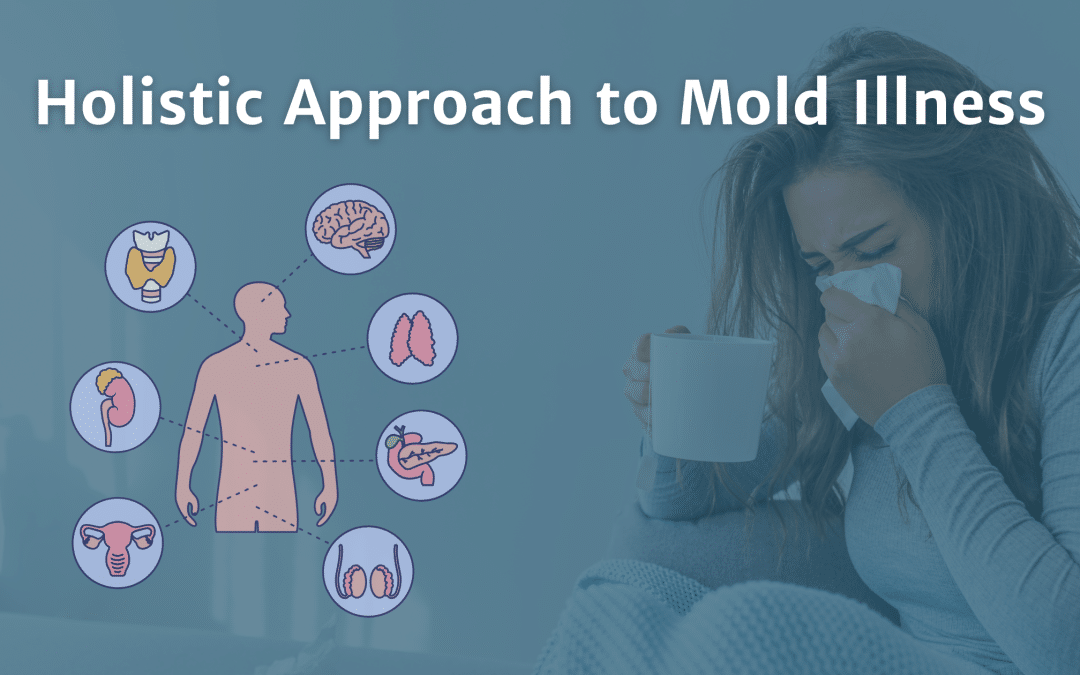
A Holistic Approach to Mold Illness: How to Recover and Support Your Health Naturally
Mold Illness: Understanding Exposure, Testing, and Holistic SupportMold exposure is a growing concern for many people struggling with unexplained symptoms, from fatigue and headaches to digestive issues and brain fog. While not everyone is equally susceptible, mold...
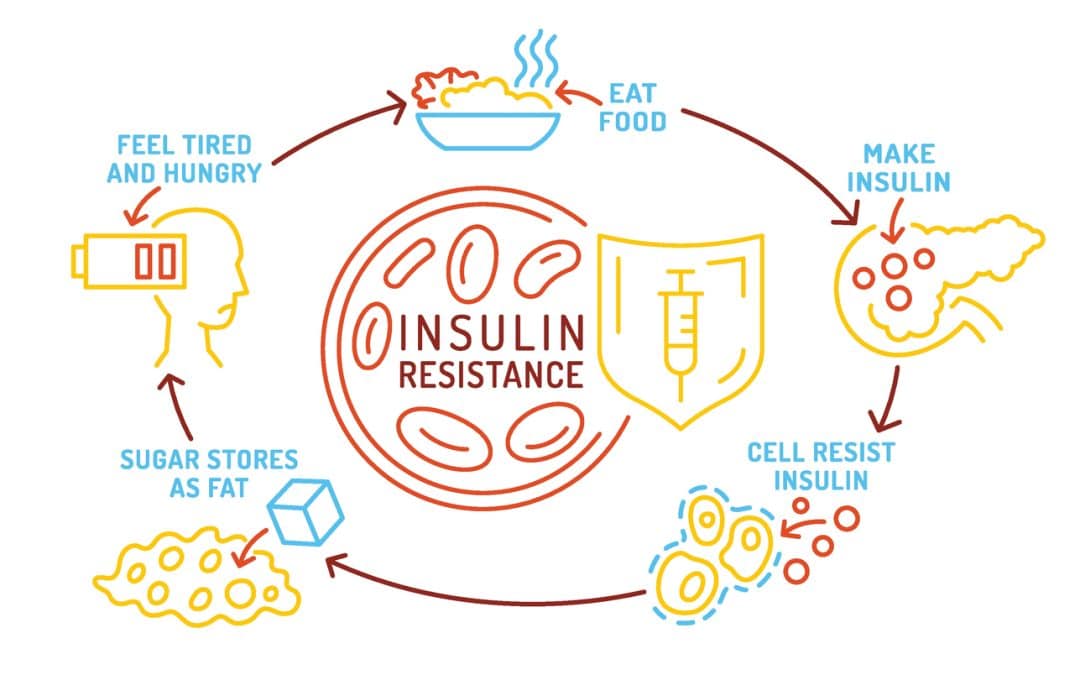
Insulin Resistance Explained: Early Signs, Functional Testing, and Natural Solutions
One of the things we talk about often in our office is a monster of a problem called insulin resistance—and for good reason. It's one of the most common yet overlooked root causes of issues like fatigue, stubborn weight gain, brain fog, hormone imbalances, and more....
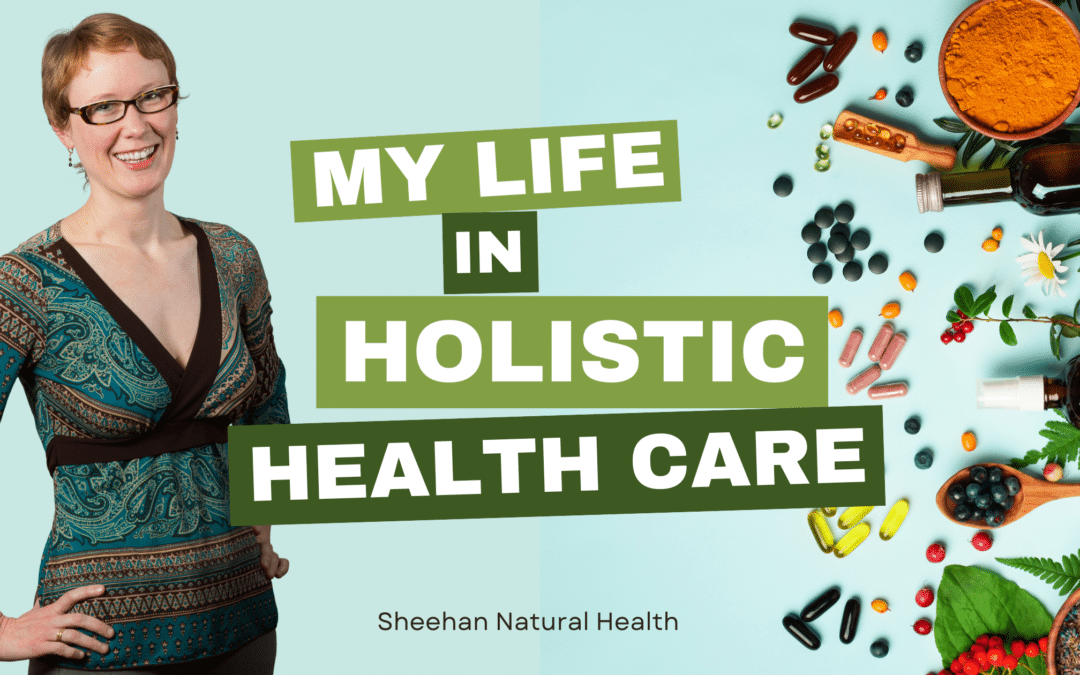
Laura Sheehan’s Story: My Life in Holistic Health Care
Laura Sheehan's Story: My Life in Holistic Health Care Meet Laura Sheehan, an accomplished Nutrition Response Testing™ practitioner with a Master's in Applied Clinical Nutrition. She happens to be married to the brilliant Dr. Keith Sheehan, the proud owner of...
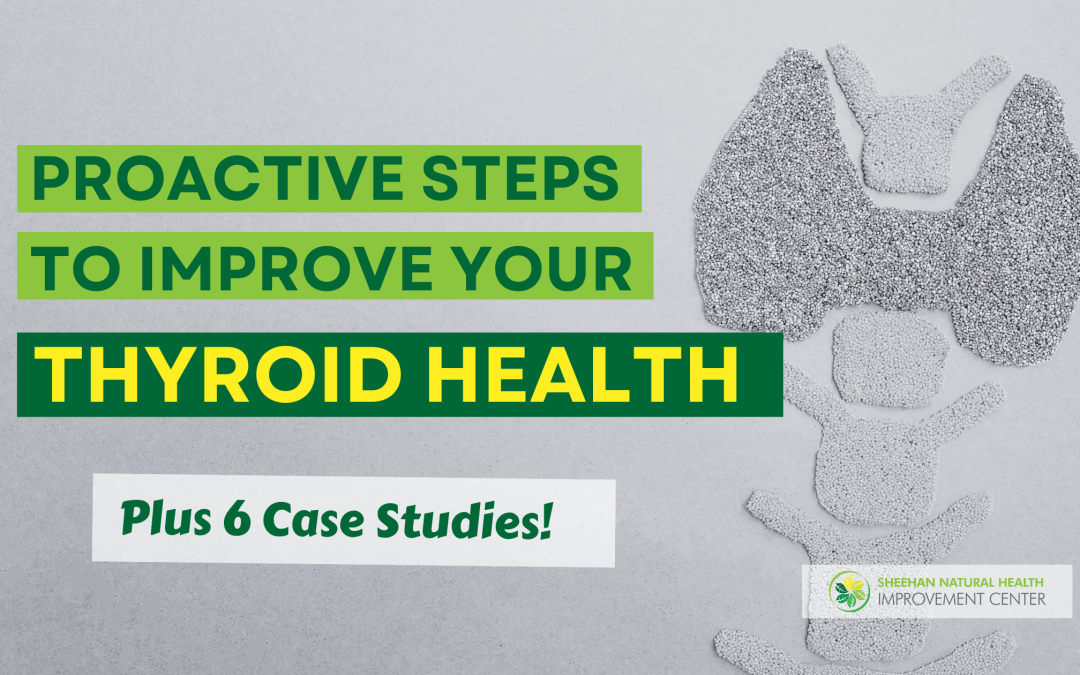
Proactive Steps to Improve Your Thyroid Health (Plus 6 Case Studies!)
Table of Contents1. Understanding Your Thyroid2. How Low Thyroid Function Affects the Body3. Reduce Your Exposure to Toxins4. Avoid Foods You Are Sensative To5. Support Your Immune System6. Optimize Your Liver and Gallbladder Function7. Rule Out Scar Interference8....
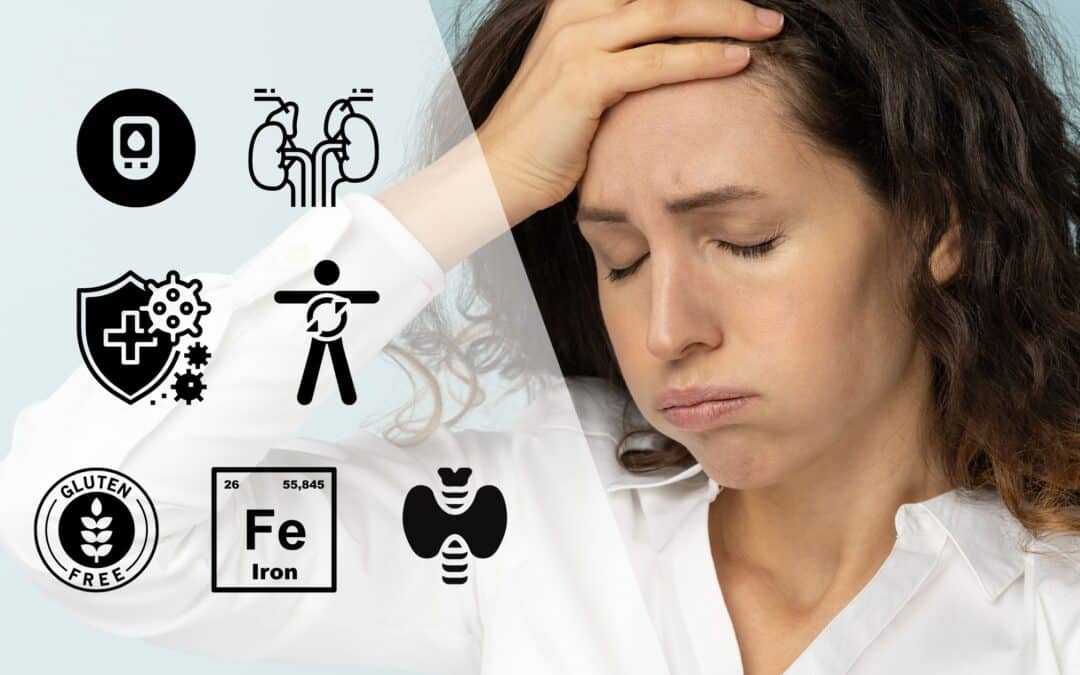
7 Keys to Restoring Female Hormonal Balance Naturally
Female hormonal symptoms. They’re rampant! At almost every stage of life, women are subject to all kinds of symptoms related to their monthly (or lack of) hormonal fluctuations. Too much estrogen, estrogen dominance, low progesterone, high male hormones, too much...

5 Tips to Avoid Dairy If You Have This Food Sensitivity
Photo by Austin Wilcox on Unsplash5 Tips for Avoiding Dairy If You Have This Food Sensitivity What are some tips for following a dairy free diet? Since we have added dairy-sensitivity screening to our basic blood panel, many people have been asking me...

Becky’s “Buck Shack Stew”
Becky's "Buck Shack Stew" Becky, one of our staff here at Sheehan Natural Health, wanted to share her stew recipe that she loves to make when visiting her cabin in the mountains. Enjoy!Ingredients one meaty grass-fed beef soup bone one large sweet onion, sliced...

Simple Actions to Prevent Respiratory Illness
Simple Actions to Prevent Respiratory Illness Below are two simple methods to keep handy for prevention or if you or your family member have been exposed to a respiratory virus such as COVID-19.Method 1- Povidone Iodine Nose and Mouth Rinse There is evidence...
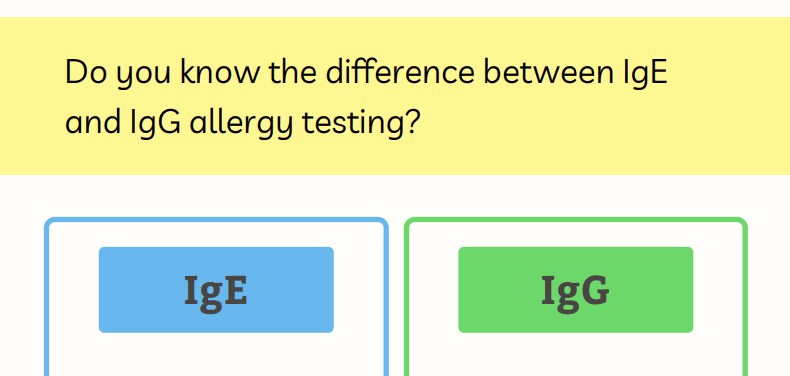
Not All Allergy Testing Is The Same: IgE and IgG Differences
Most doctors will run IgE tests to find any severe reactions to foods, such as breathing issues or hives. IgG tests show delayed, less severe reactions to foods such as eczema patches and/or stomach issues. Food sensitivities may be less severe, but they will wreck...

